How do vaccines work?
In order to understand how vaccines work, it is important to understand how our body's immune system works. When exposed to an infection, our immune system utilizes an arsenal of white blood cells (also known as lymphocytes) in order to fight the invading infection.
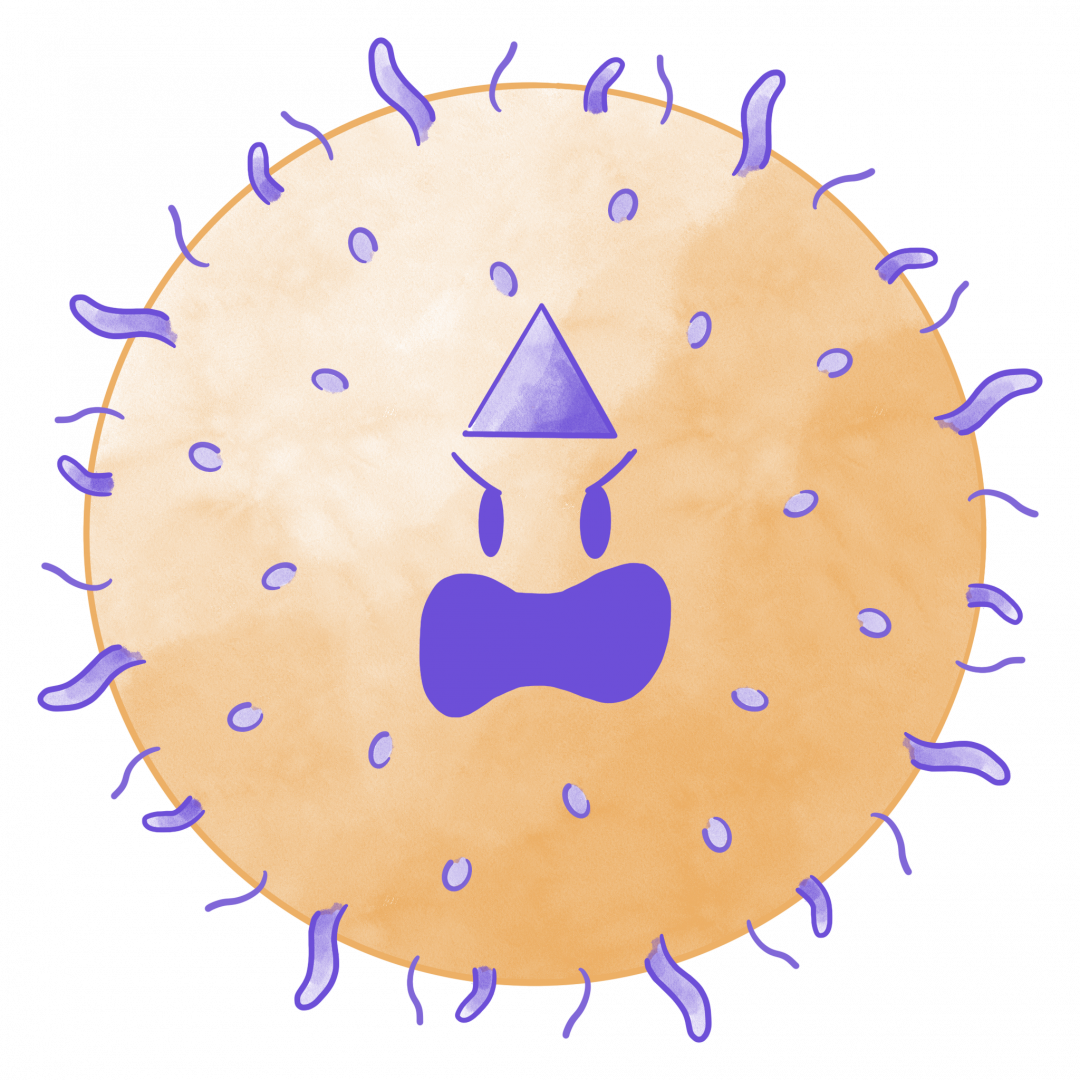
There are three white blood cells of interest when describing the fight against this invader: T-cells, B-cells, and Macrophages.



Macrophages have the role of swallowing up and digesting the invader. After digestion, they leave behind parts of the germ (otherwise known as antigens). These parts will be later identified by other cells in the body.
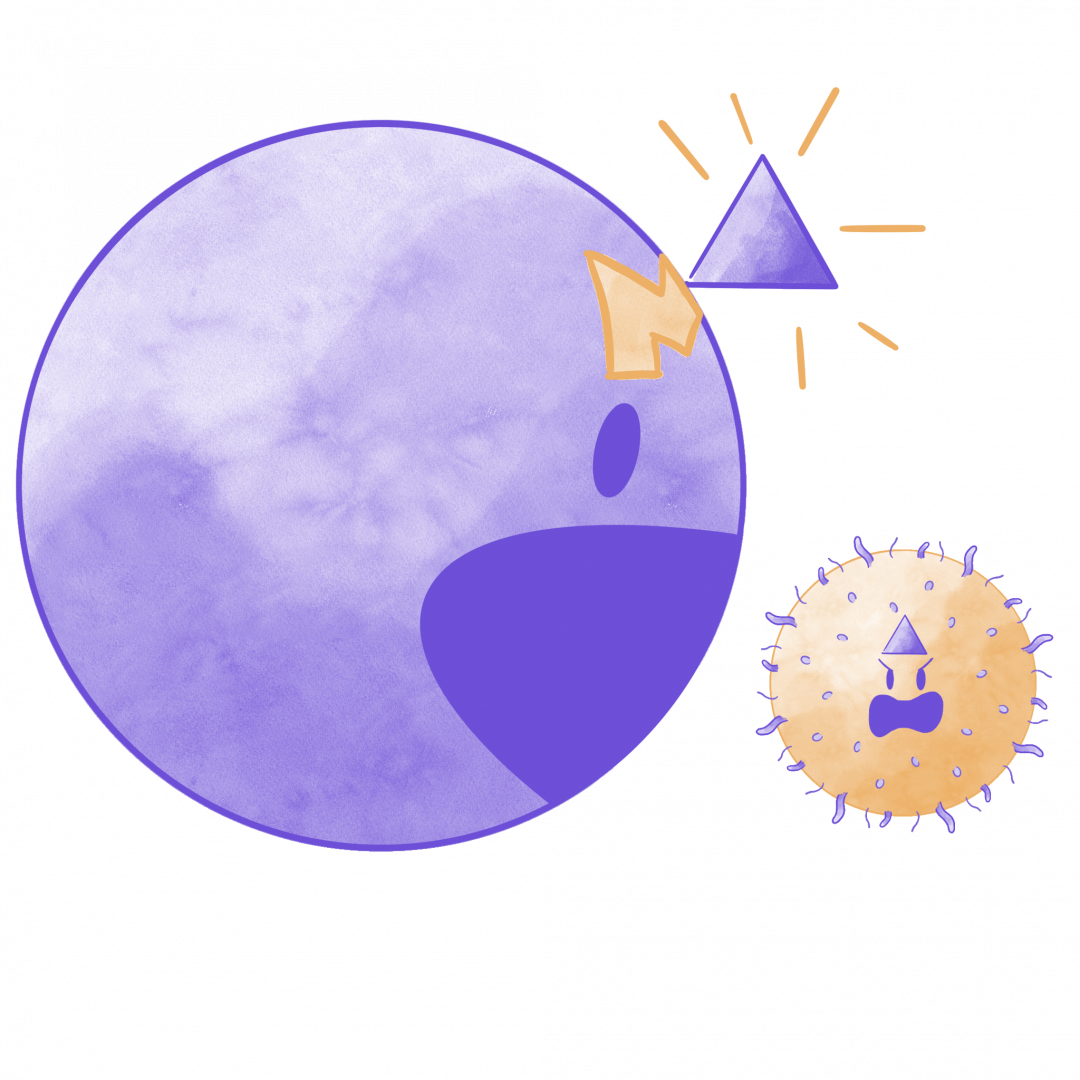


T-cells, in particular, will recognize the antigen and attack cells in the body that have already been infected. B-cells will produce antibodies that recognize and aid in the attack of any remaining invaders.
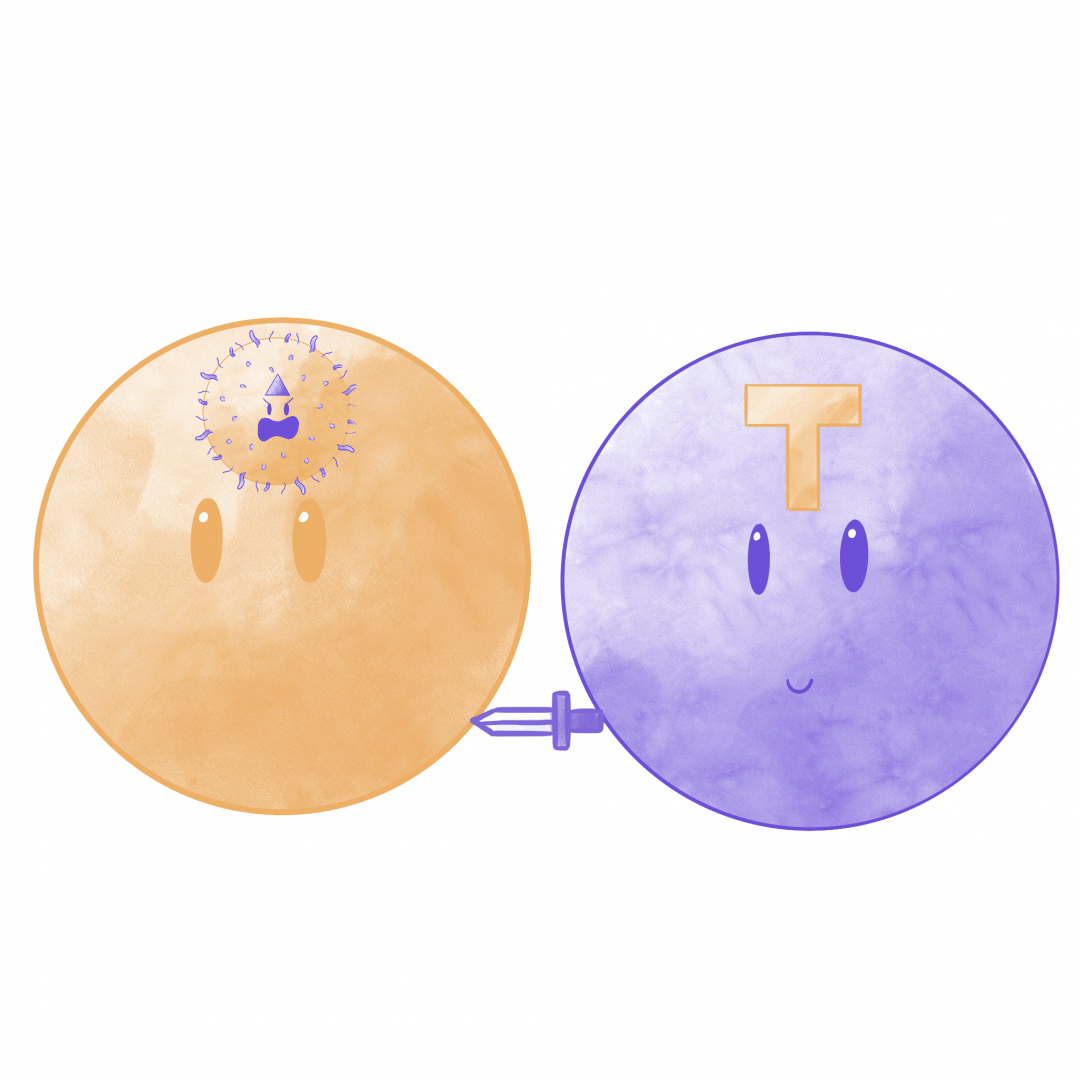
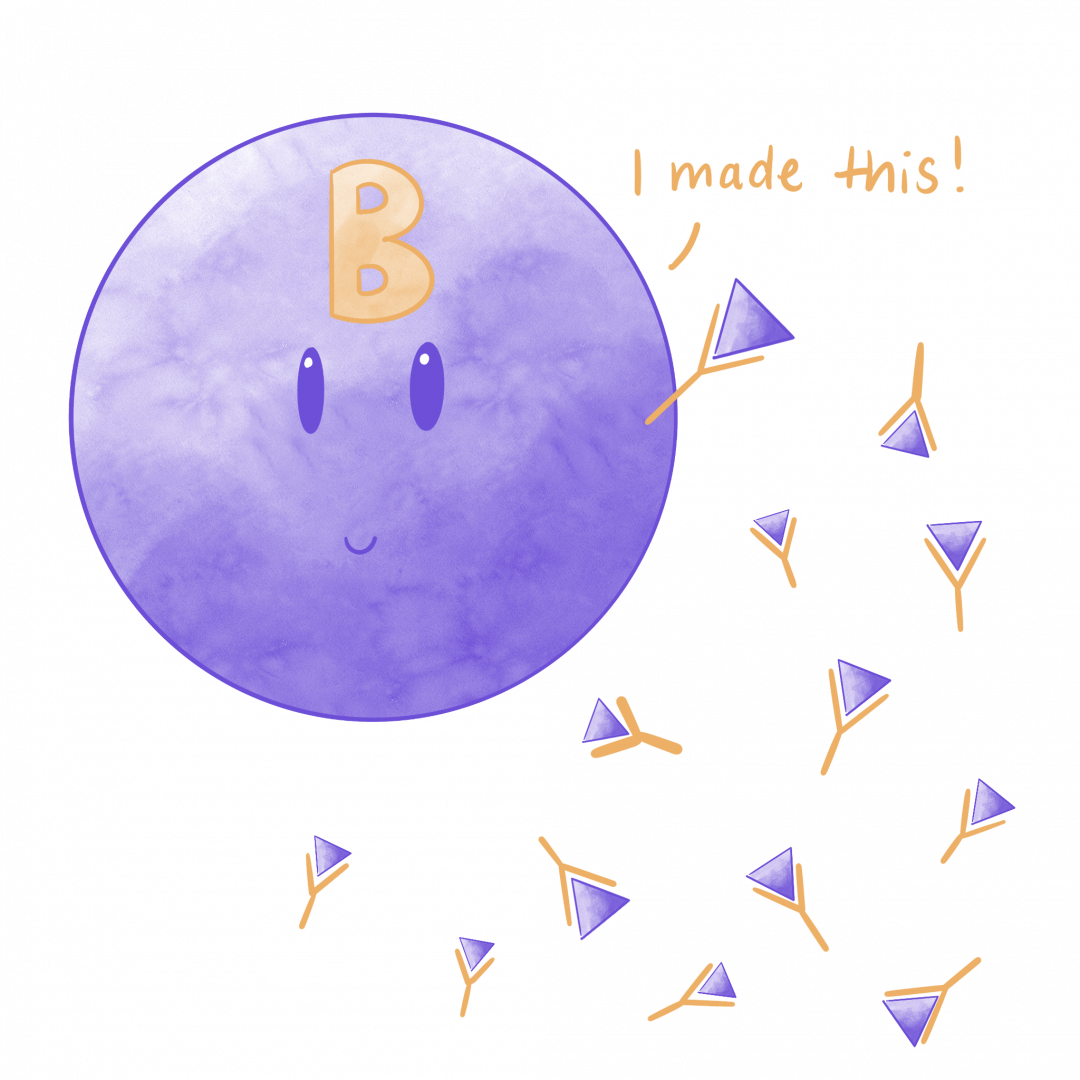
Once the initial infection is rid from the body, there are T- and B-cells left over (known as memory cells). These memory cells serve to elicit a quicker response when a similar antigen is encountered once more. This is the point when our body has been immunized against that particular invader.



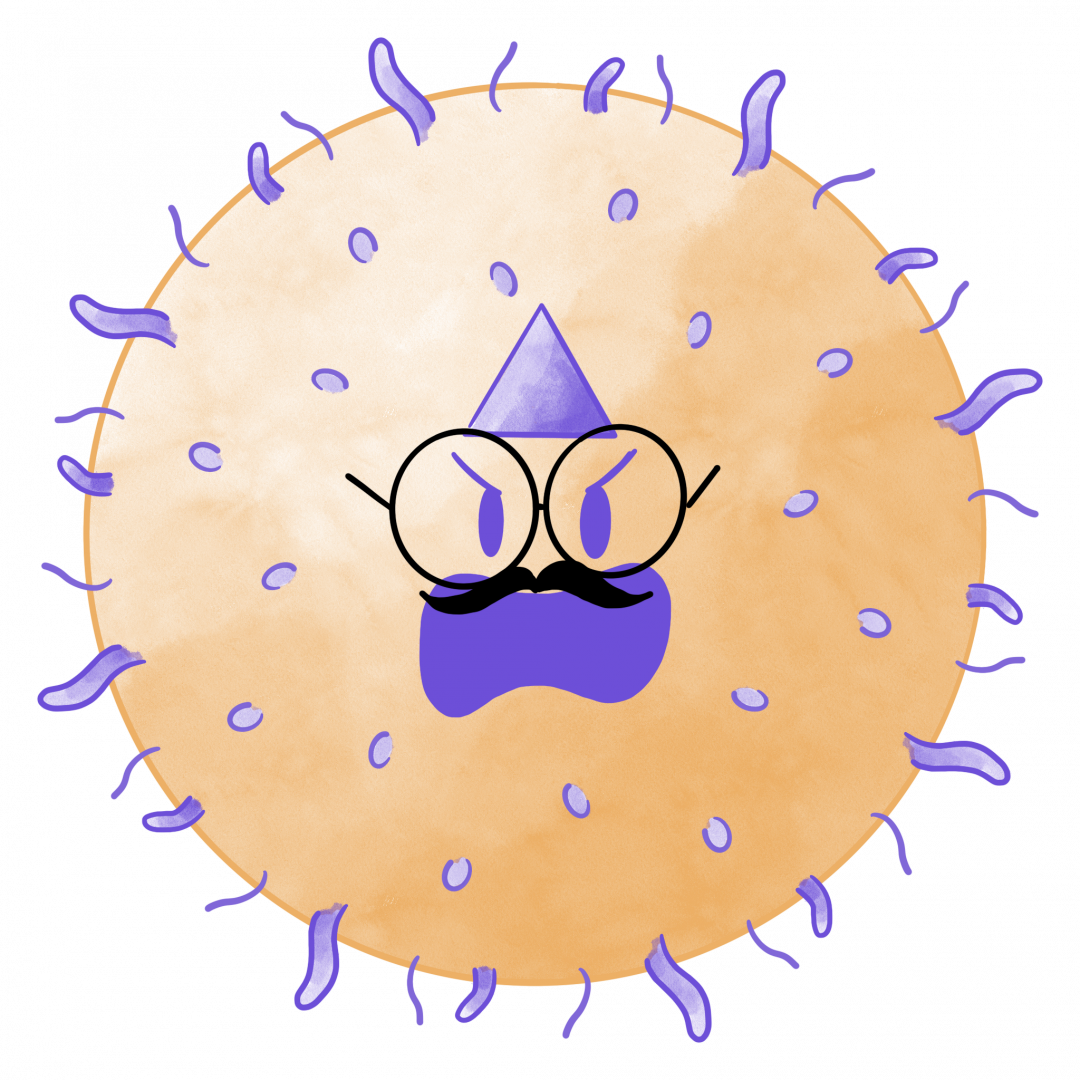
Vaccines help develop this immunity by presenting to our body an imitation of the invader, meaning that the actual associated illness almost never occurs. However, the imitation infection creates enough of an immune response for T- and B-cells to activate and do their job.
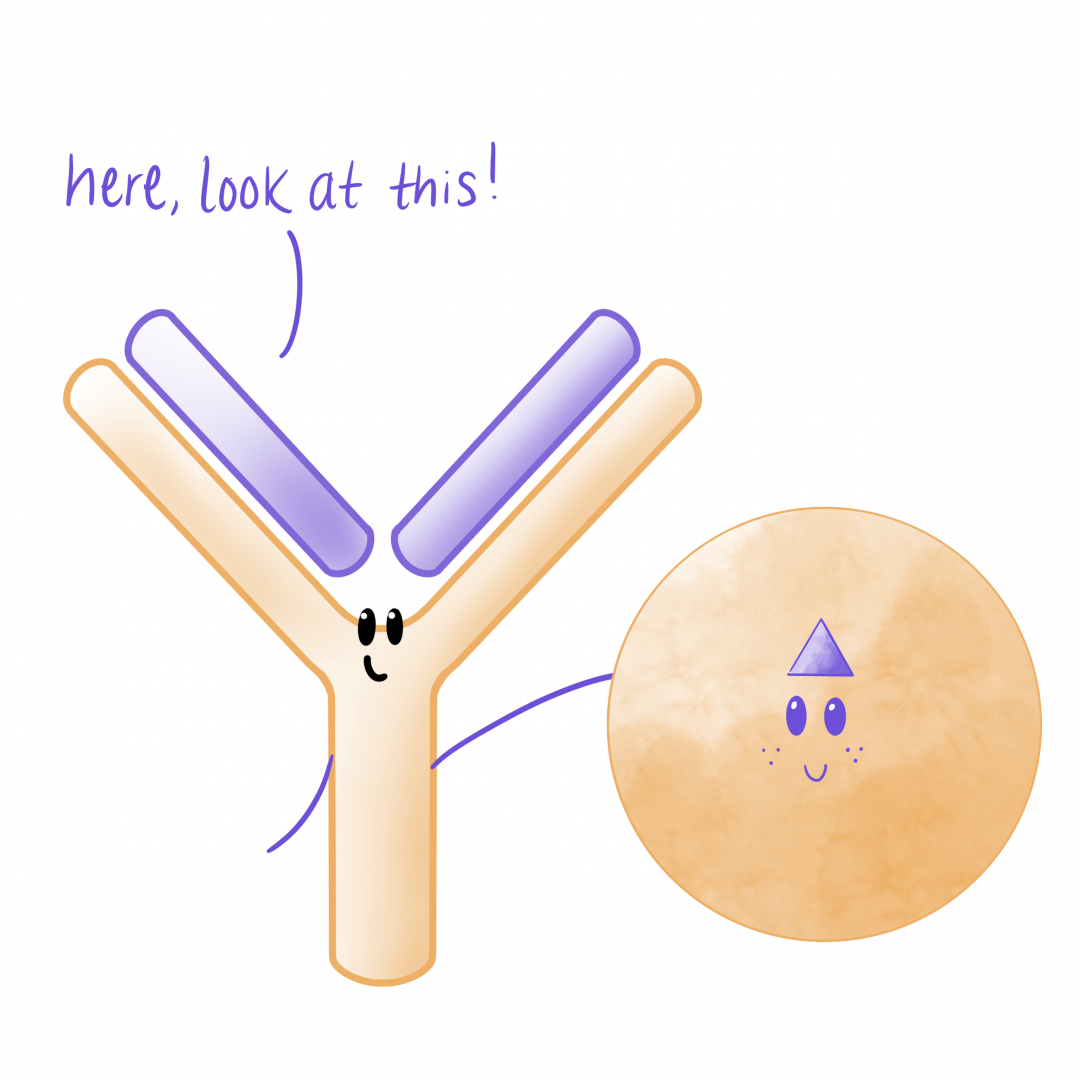
Sometimes, after getting a vaccine, a person can experience minor symptoms (i.e. fever). Such symptoms are normal and should be expected as the body builds immunity. It typically takes a few weeks for the body to produce T- and B-cells after vaccination. Therefore, it is possible to become infected with a disease just before or after vaccination.
For more information regarding how the immune system or vaccination works, see the following links:
- (Immune System) Kurzgesagt In a Nutshell – https://youtu.be/zQGOcOUBi6s
- (Vaccination) PBS – https://www.pbs.org/video/nova-immunity-and-vaccines-explained/
- (Vaccination) CDC – https://youtu.be/k7DGeWlKu0Q
Source
1. Understanding How Vaccines Work. Centers for Disease Control and Prevention. https://www.cdc.gov/vaccines/hcp/conversations/understanding-vacc-work…. Published August 17, 2018. Accessed April 22, 2020.
